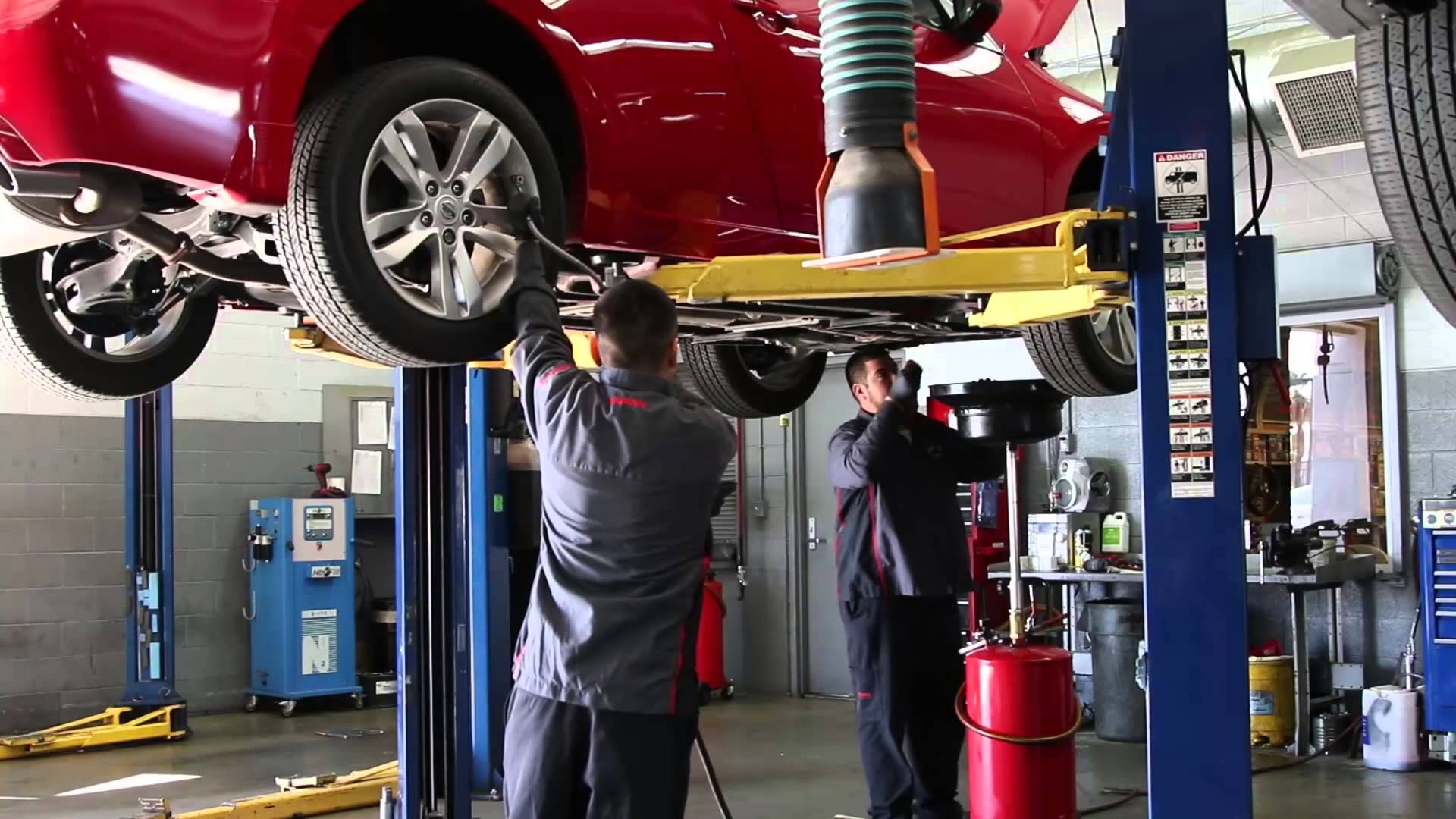It is no secret that dealership personnel work long hours. The car business is demanding of employees’ time, but it can be equally demanding on relationships and personal life. Because of this, there are still laws in certain locales that limit the number of days a dealership can be open. In many states, there are so-called “blue laws” that prohibit certain types of activities, particularly on Sundays. In the car business, we are well aware of these laws in relation to car buying, as this activity falls under blue laws in several states. In a world where we work far more than we used to and rest far less, what are the effects? How do we find a balance for employees while maximizing potential profits?
A Day of Rest
For religious individuals, Sunday is a holy day, a day of rest, a day to put aside the things of the world and focus on spiritual things. There are some who would argue that laws forcing certain businesses to be closed on Sunday is a violation of the separation-of-church-and-state philosophy that Americans hold dear.
This issue has nothing to do with religion, however. While these laws may seem oppressive and entirely outdated to some, they are time honored to many within the car business. It is interesting that even in states without blue laws, many dealers still choose to close on Sundays. Competing dealers are often reluctant to breach unspoken agreements to stay closed on Sunday, because once one of them opens, the others would be forced to follow. Sunday closure is the only way to get some employees to take a break. More often than not, employees (particularly salespeople) will find themselves at the dealership on their day off. The threat of missed opportunities often overwhelms the need for time off. Many dealers recognize this and have chosen not to force changes to blue laws, or breach the unspoken agreements discussed earlier. Without a forced-day-off, it is entirely conceivable that employees would work 7 days a week with no break. A 7-day workweek is particularly concerning for dealerships that are open long hours and work late into the evening.
Accommodating the Customer
Conversely, there are many arguments as to why dealerships should be open on Sunday. We live in a frantic world where many customers don’t have time during the week to buy a car or get their car serviced. Saturday is fast becoming one of the busiest days of the week, and Sunday is no longer the peaceful, quiet day it once was. The fast-paced world we live in necessitates early service hours, late sale hours, and extended weekend hours to accommodate customers’ busy schedules. But do the benefits outweigh the downsides?
Fine Balance of Productivity
Humans are not machines. We require rest at regular intervals to maintain optimal performance. Studies have shown that working long hours without taking regular days off results in diminished productivity. There may also be a correlation between long work hours and failed personal relationships. That much time away from family and other personal matters is bound to take a toll. The key, it seems, would be to find a balance between work and time off that allows your service department to reach goals for sales and productivity, while at the same time ensuring that employees spend enough time away from the dealership to recharge their batteries. Deciding to open on Sunday comes with other issues as well. Supporting businesses such as parts suppliers, manufacturer support, state inspection offices and other partners will likely be limited on Sundays. The level of service you could provide on a Sunday could be inferior to any other day of the week. If the goal is to better serve the customer, these are factors to consider.








